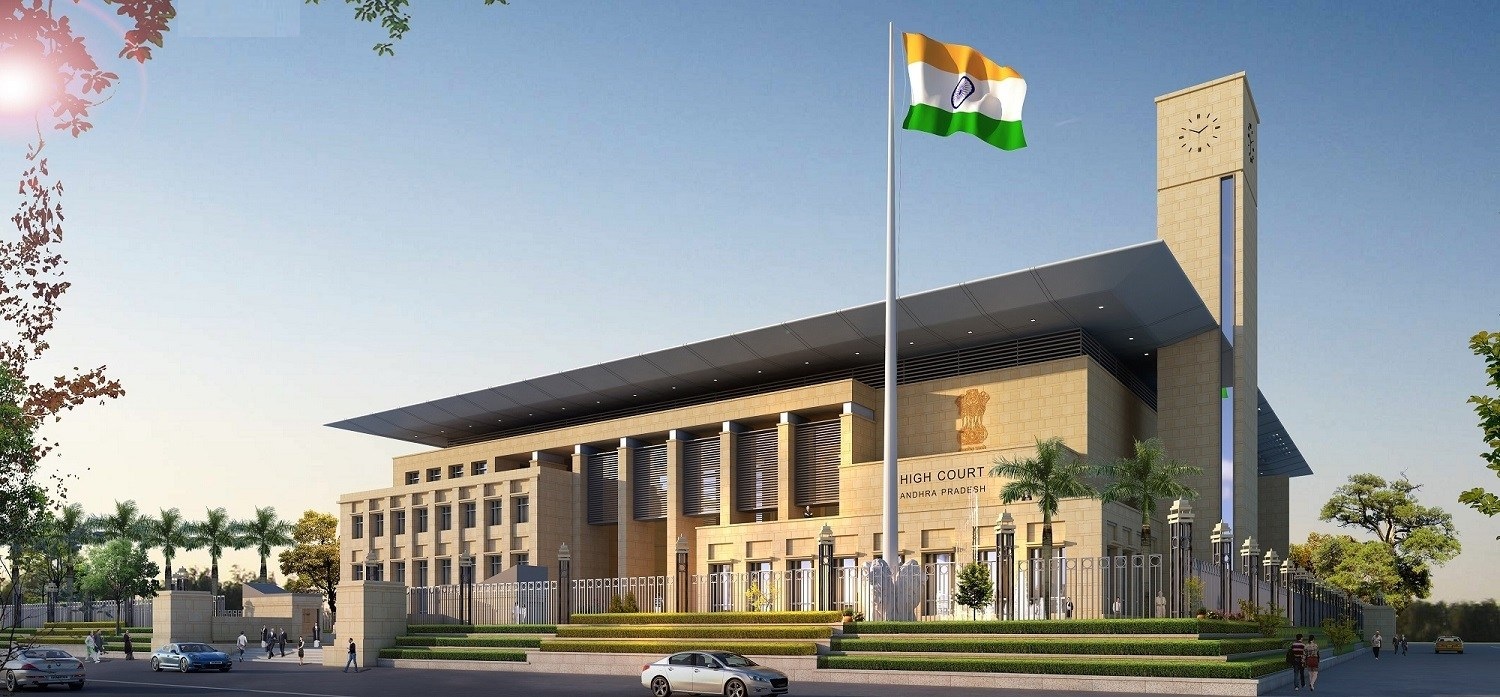-
by Admin
15 February 2026 5:35 AM



The Andhra Pradesh High Court has dismissed a writ petition challenging the scrutiny process of Form 17A and seeking repolling in specific polling stations of the 166-Chandragiri Assembly Constituency. The court held that disputes relating to the election process should be resolved through election petitions, as mandated by the Constitution. The judgment, delivered by a bench comprising Justices Subba Reddy Satti and Venkata Jyothirmai Pratapa, reaffirmed the judiciary’s adherence to constitutional procedures in election matters.
The writ petition was filed by Chevireddy Mohith Reddy, a candidate contesting the election for the 166-Chandragiri Assembly Constituency. Reddy alleged widespread electoral malpractices, including voter suppression, ballot tampering, and violence on the day of polling. He sought the court’s intervention to declare the scrutiny process of Form 17A invalid and to order repolling in specific polling stations.
Maintainability of the Writ Petition: The court emphasized the constitutional bar under Article 329(b) of the Constitution of India, which precludes judicial intervention in electoral processes except through election petitions. “No election to either House of Parliament or the House or either House of the Legislature of a State shall be called in question except by an election petition presented to such authority and in such manner as may be provided for by or under any law made by the appropriate Legislature," the court noted, citing Article 329(b).
Scrutiny of Electoral Documents: Addressing the petitioner’s claims regarding the scrutiny process, the court found no evidence of violation of Election Commission guidelines by the election officers. The court reiterated that instructions from the Election Commission, though binding, do not constitute enforceable law for invalidating elections. “Directions issued by the Election Commission, though binding upon the Chief Electoral Officers, cannot be treated as if they are law, the violation of which could result in invalidation of the election,” the judgment stated.
The judgment extensively discussed the legal framework governing election disputes, referencing several landmark cases, including K. Ratna Prabha v. Election Commission of India, Lakshmi Charan Sen v. A.K.M. Hassan Uzzaman, Mohinder Singh Gill and Another v. The Chief Election Commissioner, New Delhi, and N.P. Ponnuswami v. Returning Officer, Nammakkal Constituency. The court highlighted that the electoral process should be allowed to conclude without judicial interference and that any grievances should be addressed through properly instituted election petitions after the election.
Justice Subba Reddy Satti remarked, “The constitutional scheme makes it amply clear that any dispute relating to election would be amenable to adjudication by way of an Election Petition instituted under the provisions of the Act of 1951 and not otherwise.”
The dismissal of the writ petition underscores the judiciary’s commitment to upholding the constitutional framework for resolving election disputes. By reinforcing the principle that election processes should not be interrupted by judicial intervention during their course, the judgment ensures the integrity and timely completion of elections. The petitioner, Chevireddy Mohith Reddy, has been advised to pursue his grievances through an appropriate election petition.
Date of Decision: May 23, 2024
Chevireddy Mohith Reddy v. The Election Commission of India and others
